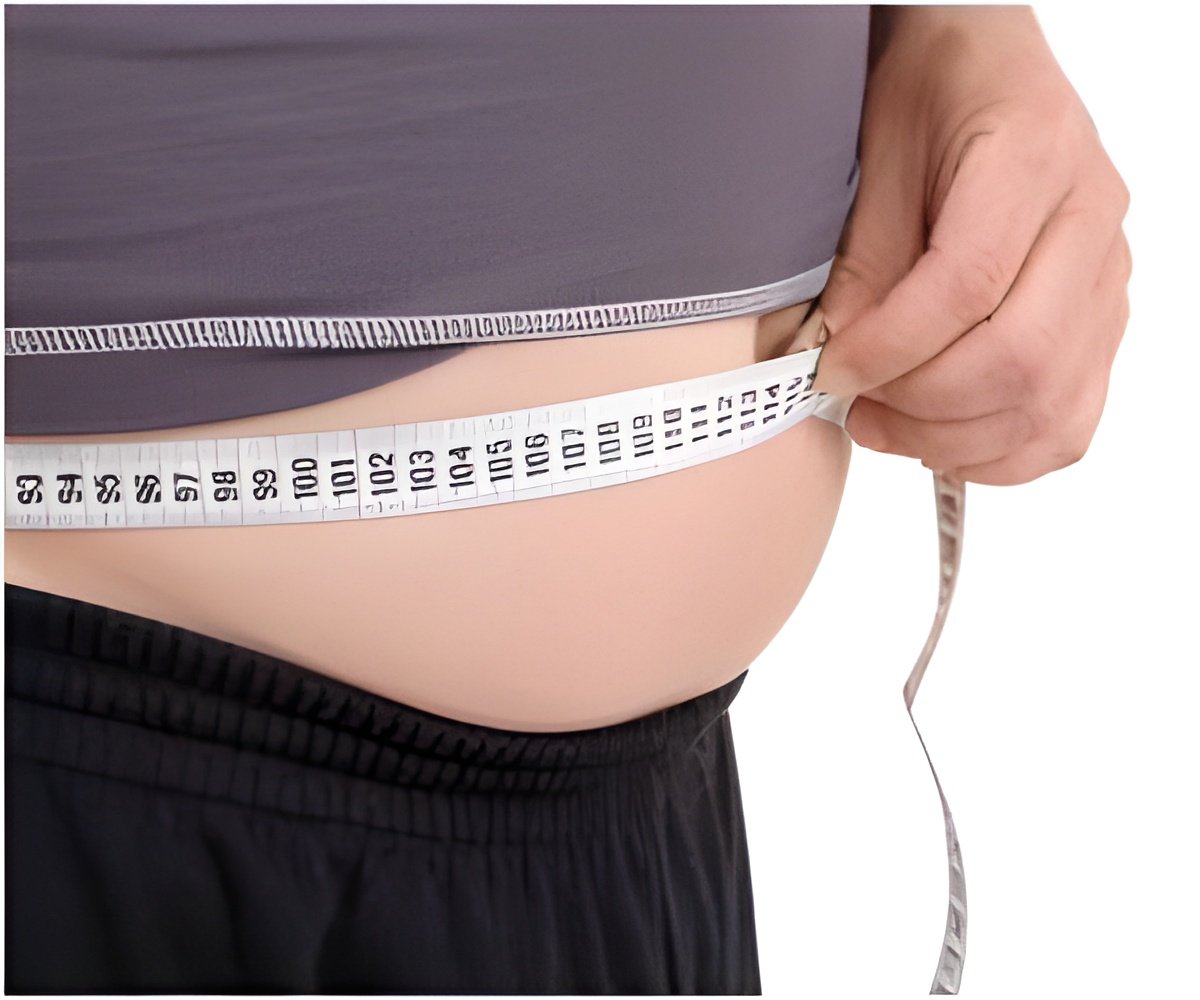Overweight and obese men who are fathers are more likely to be referred for nutrition or exercise counseling compared to men without children, reports a new study.

‘Fatherhood status has been associated with medical providers' weight-related practices or counseling referrals.’





"There's more research showing that fathers play a central role in child development but also in their weight-related health outcomes," said lead study author Alicia Boykin, MD, MS, Division of Adolescent and Young Adult Medicine, UPMC Children's Hospital of Pittsburgh, Pittsburgh, PA, USA. "It's critical to address healthy diets and physical activity among men who are already fathers, but also among men who may become fathers soon in the future."
As previous research has shown, fathers' commitment to their children has increased, as evidenced by the increased time (doubled) that fathers spend on a child's care. Researchers have documented that fathers are more committed to weight programs that enable them to support their children (and families) and focus on child health and well-being rather than solely on their own health. "Men are willing to make positive changes during fatherhood, and the results may suggest that providers are capitalizing on this time," Dr. Boykin said.
This study furthers a general understanding of weight-related practices and management during clinic visits for men, in general, and fathers, in particular.
"I think that given the link between paternal obesity and child obesity, providers have a great opportunity to positively influence family outcomes, so not just the health outcomes for their patients, but also the health outcomes for their patients' children. The next step would include understanding adult provider motivators for referring, but also understanding the type of interventions that providers refer fathers to for nutrition and exercise counseling."
Advertisement















